Weekly recaps
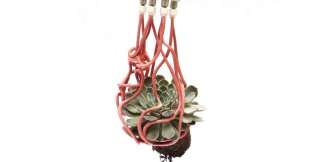
Recap / Best of Last Week—A hitch found in proton structure, a tentacled robot, a new way to prevent liver cancer
It was a good week for physics research as a team at the University of Colorado combined two features of quantum mechanics to demonstrate entanglement between atoms and the delocalization of atoms using an entangled matter-wave ...

Recap / Best of Last Week—A record-breaking gamma burst, a new battery for cars, new insights into long COVID
It was a good week for space science as a team working at the Gemini South telescope in Chile observed a record-breaking gamma-ray burst—possibly the most powerful explosion ever recorded. Also, a combined team from Liverpool ...
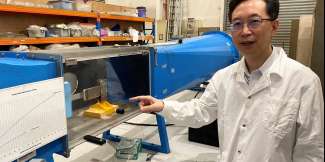
Recap / Best of Last Week—Nobel prizes awarded, harnessing energy from a breeze, primordial molecules form peptides
It was a good week for physics and chemistry as Nobel prizes were awarded to Alain Aspect, John Clauser and Anton Zeilinger for proving that tiny particles can retain a connection with one another even when separated—they ...
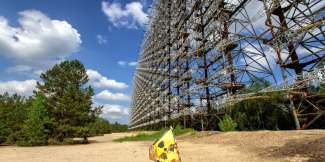
Recap / Best of Last Week—Evolution in action at Chernobyl, a shortcut for neural networks and benefits of guar gum
It was an interesting week for Earth science and evolutionary history as a pair of researchers with Uppsala University, Pablo Burraco and Germán Orizaola, found that studying Eastern tree frogs in the areas around Chernobyl ...
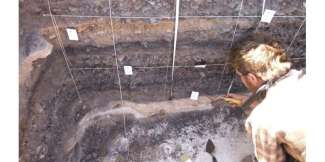
Recap / Best of Last Week—Coastal cities sinking, when to charge electric cars, prepping for deflecting asteroids
It was a busy week for the study of human impacts on the planet as a team of researchers at Tel Aviv University found evidence of human activity 3,000 years ago that destroyed local vegetation and irreparably damaged the ...
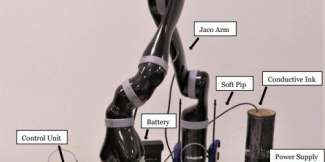
Recap / Best of Last Week—Basal thaw, robots that draw their own circuits, using nasal spray to combat COVID-19
It was an interesting week for Earth science and its history as a team at Stanford University explored whether we are missing a crucial component of sea-level rise. They suggest more attention needs to be given to basal thaw, ...
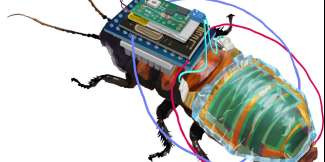
Recap / Best of Last Week—Fossil evidence of early human hybridization, a cyborg cockroach, a new math formula
It was a good week for early human history studies as a team of archaeologists at the University of Oxford discovered monumental evidence of prehistoric hunting across an Arabian desert in the form of hunting structures known ...
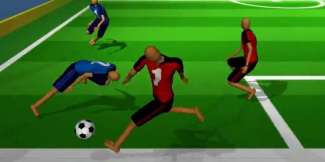
Recap / Best of Last Week—Arctic lakes drying up, teaching an AI system to play soccer, how fentanyl affects the brain
It was a busy week in Earth and biological sciences as a team of researchers with the Ocean Cleanup project and Wageningen University, both in the Netherlands, found that more than 90% of the identifiable trash in the North ...
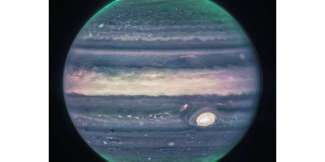
Recap / Best of Last Week—New images of Jupiter, improving soccer playing in robots, news addiction can make you sick
It was a good week for space science as NASA released sharp, new images of Jupiter taken by the James Webb Telescope. The artificially colored images showed details such as fine filigree on the edges of colored bands surrounding ...
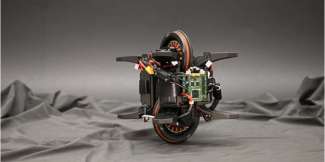
Recap / Best of Last Week—Destroying 'forever chemicals,' a jumping unicycle robot, metformin as an early COVID treatment
It was a good week for the biological sciences as a small team of researchers from Harvard University, the North Carolina Museum of Natural Science and the University of Alberta, found evidence of 60 million years of climate ...
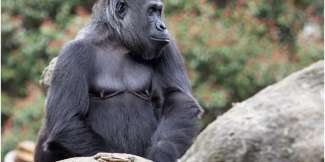
Recap / Best of Last Week—Gorillas create new call, an artificial neuron, a synthetic chemical linked to liver cancer
It was a good week for the biological sciences, as a trio of researchers, two with the University of Georgia, the third with Zoo Atlanta, found that gorillas at Zoo Atlanta have created a new call for use in communicating ...
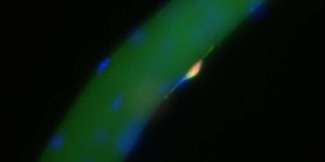
Recap / Best of Last Week—Consequences of climate change, supplanting lithium ion in batteries, repairing damaged muscle
It was an eye-opening week for Earth science as an international team of climate researchers warned that the potential to end humanity is "dangerously underexplored." They note that unexpected consequences of climate change ...